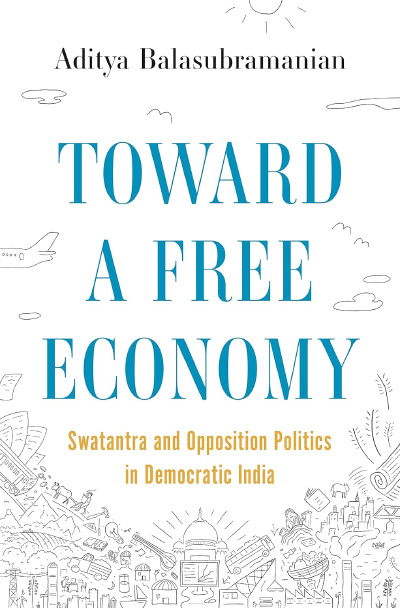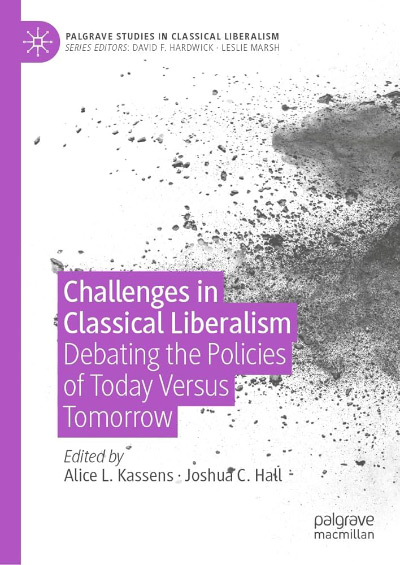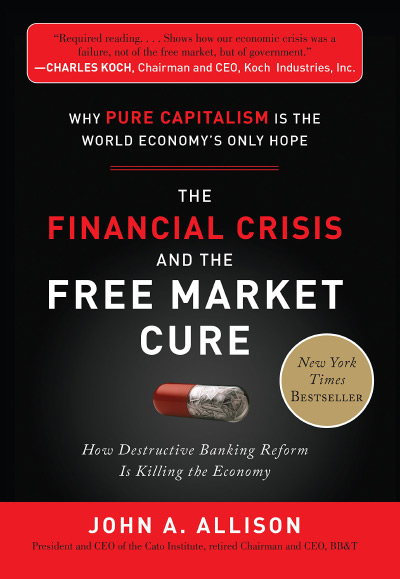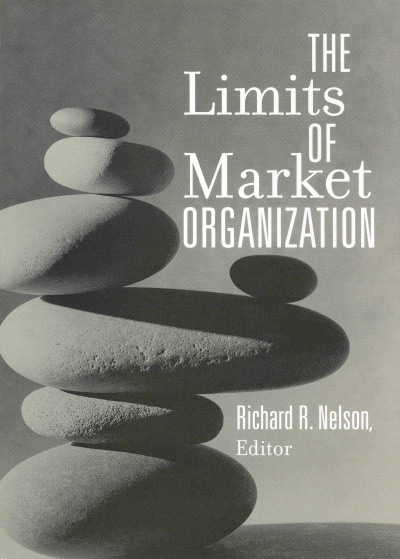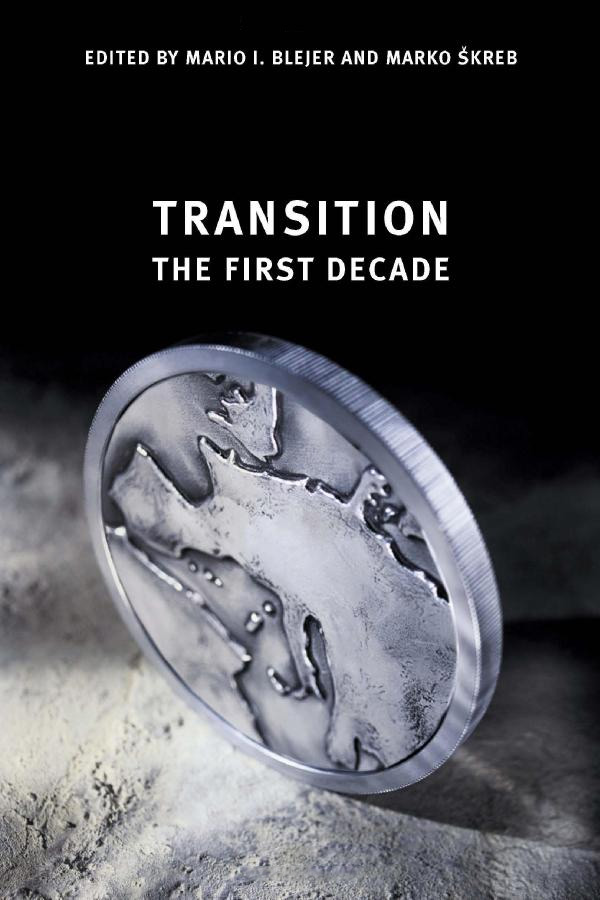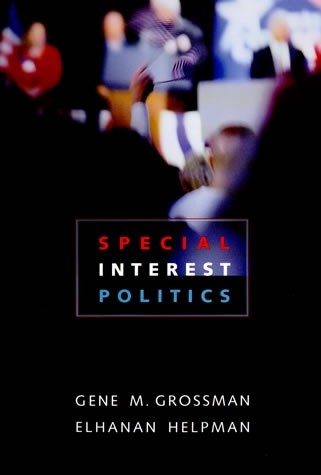Although capitalism and democracy are regarded by many as the twin engines propelling the United States into its present position of world leadership, discussions of what these institutions mean for Americans in practical, everyday terms are exceedingly rare. John Mueller, a professor of political science at the University of Rochester, has taken a giant step toward examining the reality of capitalism and democracy, and, in doing so, has swept away many of the shibboleths that have hindered and, in fact, undermined their ability to contribute even further to peace and prosperity throughout the world. Mueller is both thorough and devastating in his critique of the myths that have surrounded capitalism and democracy. As he puts it, capitalism and democracy consistently fall short of the images and ideals conveyed by theorists and pundits, but that’s not bad; that’s life, and that is where Ralph’s pretty good grocery fits into the picture.
In his analysis of capitalism, Mueller is concerned primarily with the image of greed and self-interest that has been attributed to this system. Mueller agrees that self-interest drives capitalism, but he argues that an important component of the self-interest that drives successful capitalism must be the recognition that fair dealing, concern for the consumer’s needs, and respect for one’s employees are in fact the road to greater profits and economic success. In his view, capitalists were slow to recognize the economic worth of basic moral truths, but beginning in the middle of the nineteenth century, German, British, and American businessmen began to see the contribution of basic integrity to greater profits. Indeed, he contends that honesty in business dealings was an important innovation of the capitalist system. As Mueller pursues the evolution of capitalism, he draws upon various examples of capitalists who pursued their economic self-interest in a virtuous fashion, invoking the wisdom of, among others, the unlikely figure of P. T. Barnum. By insisting on a legitimate show and law-abiding employees, the famous showman made the circus an event that people sought for entertainment. Mueller argues that it is essentially impossible to feign the virtues of integrity and concern for others to any great extent and that individuals with sincere concern for others become generally the more successful business people and naturally contribute as well to their communities at large.
Mueller is convinced that the free-market economy has proven its value. Government intervention cannot instill the values essential to successful enterprise, and over the long run it undercuts them. In Mueller’s view, a free-market economy means not only economic freedom but also the flexibility for the appropriate virtues to be developed voluntarily by those competing in the market place. In any event, economic inequality is inevitable, whatever the economic system in place, and capitalism has the advantage over other systems of providing greater prosperity and rewarding moral behavior. Moreover, with the encouragement of free markets worldwide, the virtues of capitalism are seeping into other nations, such as those of eastern Europe and the former Soviet Union. Thus, although capitalism often gets a bad rap from its sore losers and the proponents of managed economies, it is, and has been, a virtuous and exceptionally successful way of organizing the commerce of nations.
Whereas Mueller focuses on the negative images frequently associated with capitalism, his discussion of democracy concentrates on the unattainable ideal by which it is often judged. In practice, democracy is “an extremely disorderly muddle” (p. 137). Spending little time on the niceties of definition, Mueller identifies the essential element of democracy as the requirement “that the government be routinely and necessarily responsive” (p. 138). Reformers motivated by their idealized and complex conceptions of democracy constitute a serious threat to our understanding of it and to its effective functioning. Especially important from Mueller’s perspective is recognition of the fact that special interests and inequality are inherent in democratic systems. In fact, much of the essence of democracy is the competition of interests to become politically unequal. The concern for greater equality, for example, has led to totalitarian regimes that claim equality for all and, of course, provide freedom to no one.
Democracy may be grubby, chaotic, and constantly compromising, but it soundly beats any of the alternatives. Mueller concedes that authoritarian forms of government may occasionally produce great leaders, but he argues that in no nation have such leaders existed for any length of time. Democracy constantly reevaluates its leaders and provides the means for replacing them, and it has consistently demonstrated a capacity to thrive even with large amounts of citizen apathy, cynicism, and even ignorance. It is simply a myth, Mueller declares, that “terrible things will happen unless the citizenry becomes addicted to C-SPAN” (p. 185).
Perhaps in reaction to his concern about the gap between the idealistic claims of reformers and the actualities of democratic politics, Mueller absolutely refuses to offer any encompassing theoretical framework for democracy. In his words, democracy “is essentially a governmental gimmick, not a logical or empirical consequence of other factors” (p. 203). For the world’s sake, it was simply good fortune that this “gimmick” gained an early foothold in Great Britain and America. In those countries, leaders soon learned that it worked fairly well, and the citizenry took a real liking to having responsive governments. From that point, the growth of democracy has been simply a matter of astute marketing. The willingness of political leaders to give it a try remains the key factor for its propagation around the world. Thus, Mueller rejects the idea that there must be certain social, cultural, or economic conditions in place for democracy to succeed. He seems to argue that anywhere in the world today, democracy can and should become a going concern.
Obviously, Mueller’s bare-bones approach to democracy drives a stake into the core assumptions of many texts and courses on the history of political thought. Traditionally, the rise of democratic institutions in the West has been traced to religious, economic, and ideological forces that not only forced change but also provided a basis for the survival of democratic institutions. Mueller rejects all such appeals to specific preconditions—primarily, it appears, because he fears that reliance on such historical developments will inhibit the promotion of democracy in today’s world, the argument being made that some nations are simply not ready for democracy. In Mueller’s view, democracy now is in “fashion” (p. 204), and the only serious threat to it is the appearance of groups of armed “thugs” (p. 203) who can intimidate and thwart the aspirations of democratic leaders.
Certainly, Mueller’s interpretive framework for democracy, if that is what it can be called, will occasion controversy if not outrage. It seems pretty clearly to dismiss in rather cavalier fashion the importance of such forces as religious dissent, the rise of the rule of law, and the emergence of economic interests intent on freedom of action. One might ask, for example, where leaders promoting the value of democracy first received their orientation toward giving democracy a try. Where Mueller’s leadership theory of democracy does fit reasonably well is in the Third-Wave era of democracy, which he dates as beginning about 1975. During this period, the pervasiveness of modern communication technology has thoroughly, perhaps definitively, undercut the ability of leaders anywhere to prevent groups from forming and articulating their views, and during this same period capitalism has held out substantial material rewards for its practitioners throughout the world. In this sense, democracy may be merely a matter of the trend of the times. Mueller quotes a Thai general as concluding, “The coup d’etat is outdated. The more time passes, the more it is obsolete” (p. 219). Authoritarian government based on violence may indeed be fading away. And, in Mueller’s view, industrialized nations seeking greater economic growth have also recognized that negotiation and free trade are far superior to the destruction and uncertainty of warfare.
As the United States moves into the twenty-first century, it has established itself as the dominant political, economic, and military power in the world. Yet its leaders and intellectuals lack the sort of architectonic theoretical paradigms that have emerged on the continent and to which many American scholars continue to feel obliged to genuflect as models to be emulated. Mueller seems singularly unimpressed by the need to formulate overarching theoretical explanations. His project—not unlike the task undertaken by John Locke in An Essay Concerning Human Understanding—has been to clear away much of the rubbish that has accumulated regarding capitalism and democracy from largely European-induced misunderstandings of how these systems actually work. Mueller has identified the pervasive importance of individual self-interest to both economic prosperity and workable government. That the exercise of individual liberty in modern capitalist democracies has operated highly successfully in the absence of totalizing theoretical explanations of either the political or the economic system says much about the flaws of those approaches. Mueller’s position is that individual liberty propelled by self-interest has made a better, if imperfect and untidy world that can be justified on its own terms. The folks at Ralph’s would understand.
| Other Independent Review articles by Robert Heineman | ||
| Winter 2010/11 | The Icarus Syndrome: A History of American Hubris | |
| Summer 2010 | Dean Acheson and the Creation of an American World Order | |
| Spring 2009 | The Limits of Power: The End of American Exceptionalism | |
| [View All (7)] | ||



